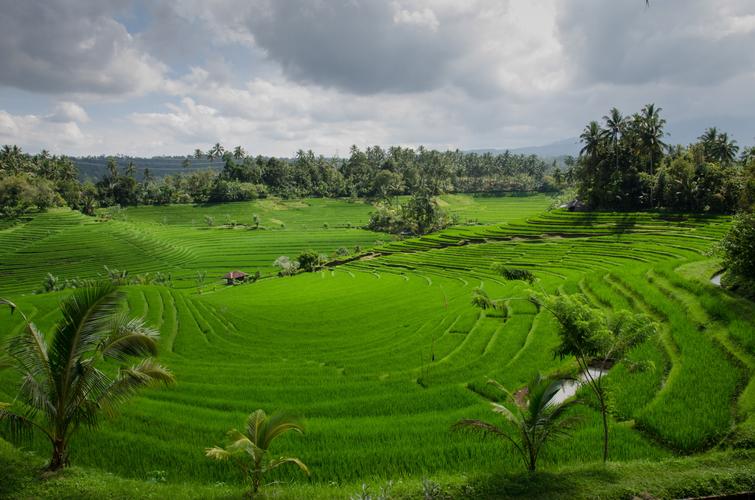5 Facts You Need to Know About Indigenous Peoples Day
While many people in the United States celebrate Columbus Day, there is a growing movement to recognize Indigenous Peoples Day as an alternative to the controversial holiday. Here are five important facts you need to know about Indigenous Peoples Day:
1. The Origins of Indigenous Peoples Day
Indigenous Peoples Day was first proposed in 1977 by a delegation of Native Nations to the United Nations. They wanted to promote greater understanding and awareness of the history, culture, and contributions of Indigenous peoples worldwide. In the United States, the idea of celebrating Indigenous Peoples Day as an alternative to Columbus Day gained momentum in the 1990s, and today, many states and cities have officially recognized the holiday.
2. The Controversy Surrounding Columbus Day
Columbus Day has been controversial for many reasons, including the fact that Columbus was not the first person to discover the Americas. Indigenous peoples had lived in North and South America for thousands of years before Columbus arrived. Additionally, Columbus’s treatment of the Indigenous peoples he encountered was often brutal, including enslavement, forced labor, and genocide. Recognizing Indigenous Peoples Day as an alternative to Columbus Day is a way to acknowledge and honor the Indigenous peoples who were here long before Columbus.
3. The Importance of Indigenous Peoples Day
Indigenous Peoples Day is an important holiday because it recognizes and honors the contributions and culture of Indigenous peoples, who have often been marginalized and excluded from mainstream society. By celebrating Indigenous Peoples Day, we can learn more about the history and culture of Indigenous peoples, and begin to address the injustices that they have faced.
4. The Celebrations and Activities of Indigenous Peoples Day
Indigenous Peoples Day is celebrated in many different ways, including pow wows, cultural events, and community gatherings. These celebrations often include traditional Indigenous foods, music, dance, and storytelling. Many schools and universities also use Indigenous Peoples Day as an opportunity to teach students about Indigenous cultures and histories.
5. The Future of Indigenous Peoples Day
As more states and cities officially recognize Indigenous Peoples Day, there is hope that the holiday will continue to grow and become more widely celebrated. Some advocates even hope that Indigenous Peoples Day will eventually replace Columbus Day as a federal holiday. However, there is still a long way to go before that vision becomes a reality. In the meantime, celebrating Indigenous Peoples Day is an important step towards greater understanding and acknowledgement of Indigenous peoples and their history.
(Note: Do you have knowledge or insights to share? Unlock new opportunities and expand your reach by joining our authors team. Click Registration to join us and share your expertise with our readers.)
Speech tips:
Please note that any statements involving politics will not be approved.
